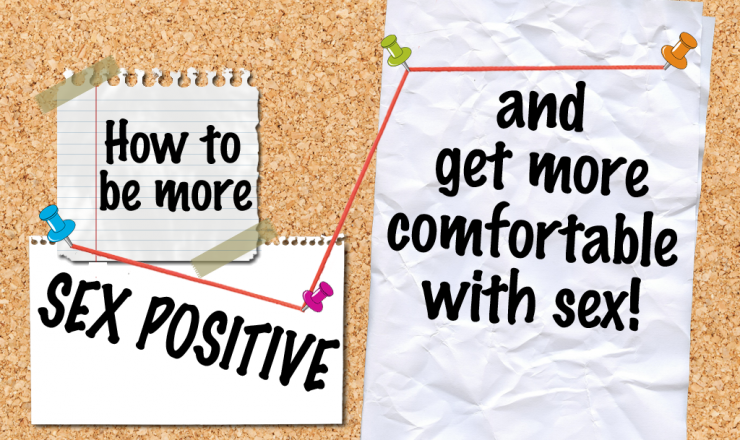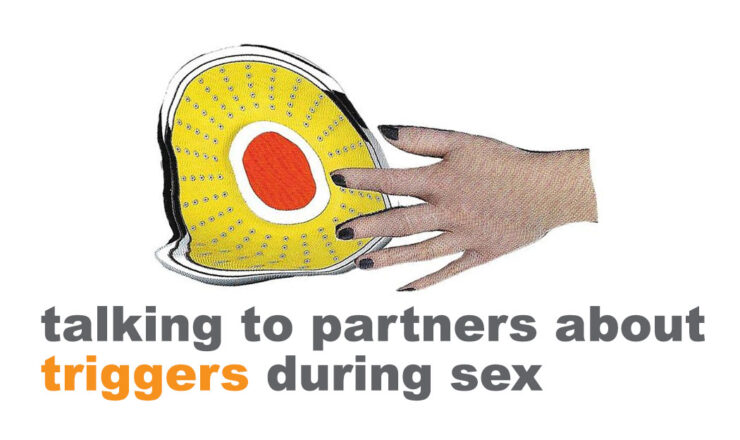

LDR stands for Long Distance Relationship. A long distance relationship is a type of relationship where you and your partner are most likely hours apart (vs relationships where you live nearby and can see each other regularly). LDRs are different, but not a worse type of relationship than what we usually see. Sometimes it just takes some thought and planning to adapt to the distance.
When starting or considering starting a LDR, some people like to read blogs (like this one) to get a sense of how to manage a LDR. But instead of helpful strategies, a lot of sites really focus reasons why LDRs don’t work out, or why people find them so hard, which can be just plain scary!
Now do some LDRs not work out? Sure. Just like all the close distance relationships who break up even though they live near each other.
Is communication hard in LDRs? Sure. Just like communication is difficult in relationships where people see each other every day.
Do LDRs take effort or compromise? Sure. Just like all relationships ever.
It’s hard to say why LDRs get a bad reputation. In some cases, people might have had a LDR that ended badly. Lots of people see the distance as a negative thing, possibly because lots of people idealize relationship where they are together with their partner. (It’s maybe less romantic to dream about texting or skyping with someone who lives far away.)
But we say that it’s important to ignore the haters because this is your relationship! You are the one to decide whether or not you enjoy dating someone far away, and whether or not you’re willing to accept the distance as part of your situation. LDRs can be maintained just like everyday relationships. One key to maintaining them is communication and effort. Just like any other type of relationship.
Communication is a tricky topic for all relationships not just LDRs. But it’s really important that you and your partner maintain communication in a way that works for you. Because you and your partner are a ways away from each other, it’s possible for miscommunications and misinterpretations to happen. Find a strategy (or strategies) that help you maintain a sense of connection and closeness. You don’t have to only talk one way, and different methods have different pros and cons.
For example, something like texting can be very easy and very difficult at the same time. If your phone is always with you, texting is a really easy way to chat regularly, but it can also be a bit of a challenge to try and understand emotions and nuance through text messages. Try to mix it up a bit by adding in some phone calls or video chats if you can. Try to set aside dedicated time for each other to have these conversations. Not only is talking to each other regularly important, so is the effort of trying to make it happen.
It can also help to keep in mind that some people have different communication styles. If you can, try to talk about how you prefer to communicate. Do you like texting all day? Do you need to take a break from your phone when you’re with other people? Being clear about your communication style can help avoid misunderstandings about expectations.
When it comes to tough conversations (and all relationships have them), it might be helpful to decide ahead of time about how you’ll handle more serious conversations or when you have disagreements. That way you have a plan, rather than just being frustrated and upset while also be far away. What’s the clearest way of communicating during stressful times? Would you rather wait until you can see each other again?
Effective communication often involves a lot of talking, but also a lot of talking about talking.
All relationships require effort, overcoming distance is just a different kind of effort. In addition to being more mindful about communication, a bit more effort could also be put into talking about emotions, expectations, and boundaries.
Because you don’t see each other everyday, it can be a bit hard to tell when either of you are jealous, sad, mad, or even happy. Tell each other when you’re feeling something. As we mentioned above, it can be hard to read emotion or nuance in texts, so people might need to work on being more clear and direct. Putting effort into sharing and understanding each other’s emotions can deepen your connection to each other and allow for your relationship to grow in new ways.
It can be good to remember that the time you do get to spend physically together is already special due to the fact that you’re actually spending time together! Some couples feel the need for visits to be perfect, so they plan elaborate activities to do, or they try to avoid fights as much as possible. For some people, that can put a lot of pressure on the visit, and actually make people feel stressed. It’s nice to plan special activities, and it’s also nice to plan low-key things too. Sometimes disagreements happen and sometimes they don’t. None of it necessarily means it was a bad visit.
When people live near each other, it’s easier to blend “Relationship Time” with “Social Time” (like if you go together to a friend’s birthday), so a couple doesn’t always feel like they need as much one-on-one focus. Because that’s not always possible in LDRs, it can be helpful to make sure that some of your free time is dedicated to your relationship. It doesn’t have to be dedicated to talking on the phone if neither of you want to do that. Maybe it’s reading books each other recommends, or watching a movie on skype at the same time. It’s important to do things that help you feel closer.
However, it’s also important to remember that people still need free time for themselves. Even when partners live near each other, they still have different friends, different hobbies, different jobs or classes, all of which also need time and attention. Try talking to your partner about how to respect each others boundaries and needs around non-Relationship Time. Figuring out what are reasonable limits on how long your average conversation is, or balancing enough time spent on each other and on other things can help not only make the time together feel more special, but it can also give you space to bring more new experiences and ideas into your conversation.
Sometimes because you’re not necessarily with your partner all the time introducing them to friends and family is more difficult. Your family and friends might be a bit more protective or scrutinizing as they might not see you two together all the time so be prepared to have more questions from family/friends (or friends investigating them on social media). It can also be much harder to tell your parents about your partner because they might not be able to meet them as soon as they would like. But you should remember that this is your relationship and only you should make decisions based on what you want and need.
Ultimately it’s about what works for you and your partner. Just because it doesn’t work with a certain person, or it doesn’t work for you, doesn’t mean that all Long Distance Relationships are bad. All long-term relationships have ups and downs, and take good amounts (and types) of effort. LDRs are no different.
If you have questions about this topic, feel free to contact one of our peer educators. [Link]
Last Updated: April 2020

Dealing with acne is a common experience for lots of people going through puberty (and beyond!). So what’s the big deal? This post is a body-positive look at acne, including ways to deal or work with it!

Unlearning sex-negativity can be hard. So how can we work on that? Or how can we work on getting more comfortable with sex for ourselves? This post offers some tips on ways to practice being more sex-positive!

Communicating triggers can be a great way of letting your partners know what your boundaries are, in order to help make sex a more pleasurable experience for everyone. But how do you do that?